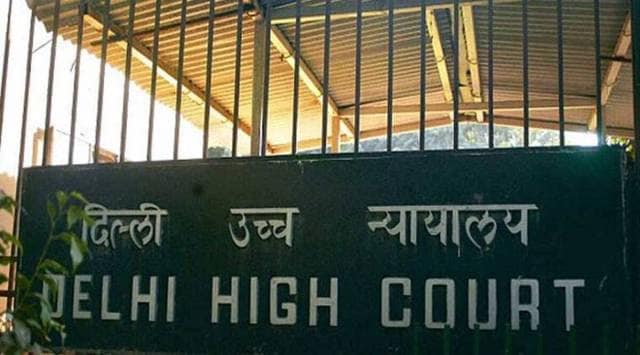Delhi HC issues notice on plea against St Stephen’s decision to conduct interviews for general seats
The college last month announced that it would give 85 per cent weightage to the CUET score and 15 per cent to the interview.
 “Presently bearing in mind the violations which are noticed, we are not inclined to grant stay,” said Justice Yashwant Varma, while listing the case for hearing in September.
“Presently bearing in mind the violations which are noticed, we are not inclined to grant stay,” said Justice Yashwant Varma, while listing the case for hearing in September.
The Delhi High Court on Wednesday issued a notice to Delhi University (DU) and St Stephen’s College on a public interest litigation (PIL) challenging the latter’s decision to continue with interviews for admission to its general seats. The petition sought a direction to make St Stephen’s College admit students on its ‘unreserved seats’ of undergraduate courses only on the basis of marks received by them in their Common University Entrance Test (CUET) exam as mandated by the DU.
The division bench of Acting Chief Justice Vipin Sanghi and Justice Sachin Datta also issued notice to University Grants Commission (UG) and granted the respondents four weeks to respond to the PIL. It listed the matter for next hearing on July 6.
St Stephen’s College and Delhi University have been at loggerheads over the minority institution’s refusal to do away with interviews for admissions to its general seats. The college last month announced that it would give 85 per cent weightage to the CUET score and 15 per cent to the interview.
A DU law student, Konika Poddar, has challenged the college’s decision. Senior Advocate Arun Bhardwaj represented the petitioner. The PIL filed through advocate Akash Vajpai states that it is being filed “on behalf of the hundreds of students who want to take admission in the unreserved seats” of the St Stephen’s but do not want to appear for the interview as the same “is against the admission policy” of the DU and also against the mandate of its academic and executive council.
“In the past, students used to be under huge stress to secure more than 95% marks in Class XII Board Examination so as to get admission in the University of their Choice. With the introduction of CUET the stress on them for securing very high marks in the one and only Board Examination stands reduced,” argues the petition.
The PIL further contends that the DU rules are binding on “St Stephen’s College also, irrespective of its minority character” and that a minority institution cannot “disregard merit or merit based selection of students”.
“The National Education Policy has clearly elucidated that the entrance to higher education should be through common entrance test at the national level so that there is uniform standard of bench marking of candidates,” reads the petition.







